Cause we are not only an online shop to sell products, we are here to help you create good memories for your children.
Quick Links
Get In Touch
2024 kidstore. All Rights Reserved
No products in the cart.
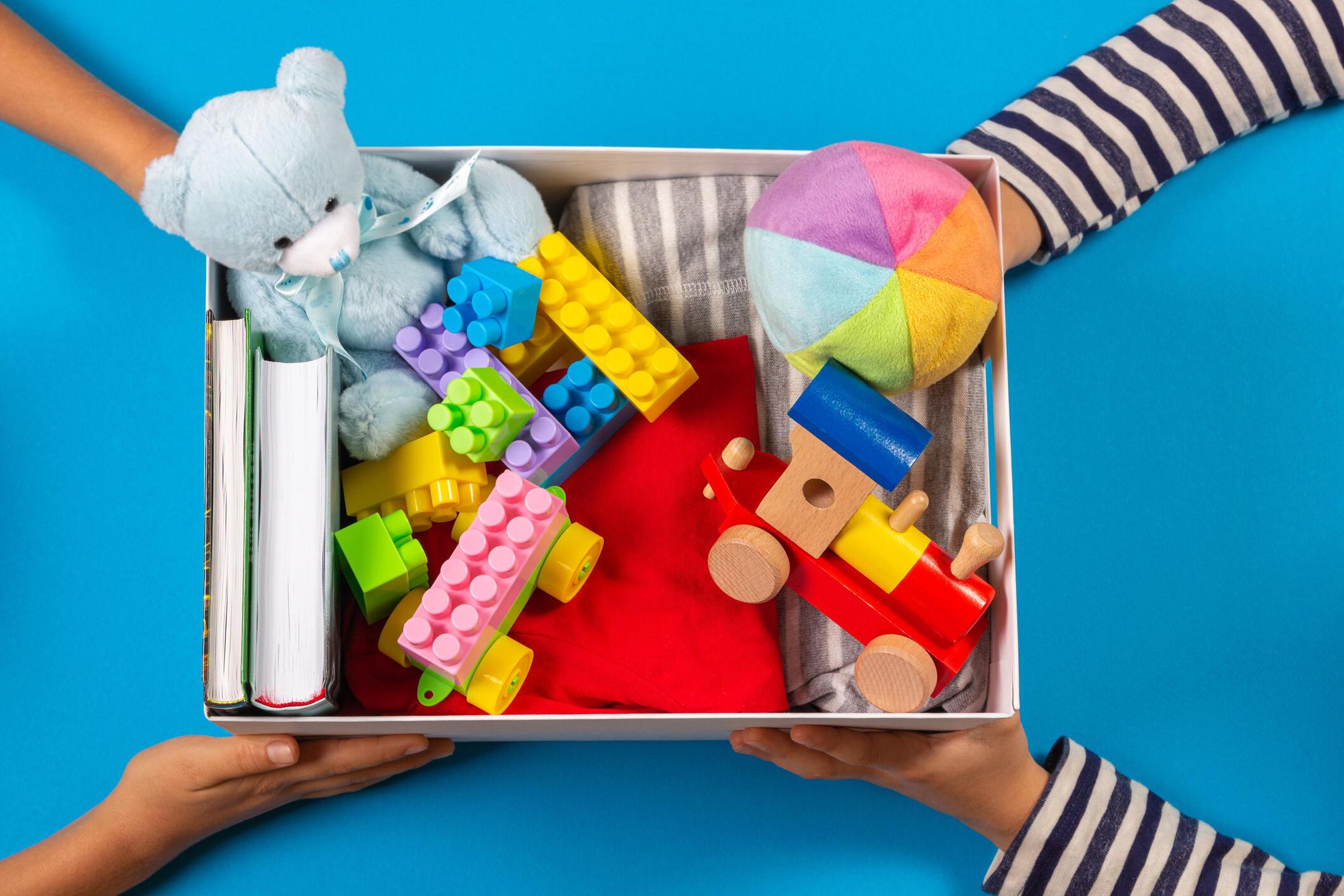
In the bustling world of parenting and child-rearing, the significance of play often gets overshadowed by academic pursuits. However, beneath the surface of every toy lies a profound opportunity for emotional growth and development in children. From cuddly teddy bears to intricate LEGO sets, toys are pivotal in nurturing a child’s emotional intelligence. At KidstorePK, Let’s dive into the fascinating realm of emotional development through play and discover how it shapes young minds.
Before delving into the role of toys, it’s essential to grasp the concept of emotional development. Emotional intelligence encompasses a range of skills, including recognizing and managing emotions, empathy, and building relationships. These skills form the foundation for a child’s social and psychological well-being, setting the stage for success in various aspects of life.
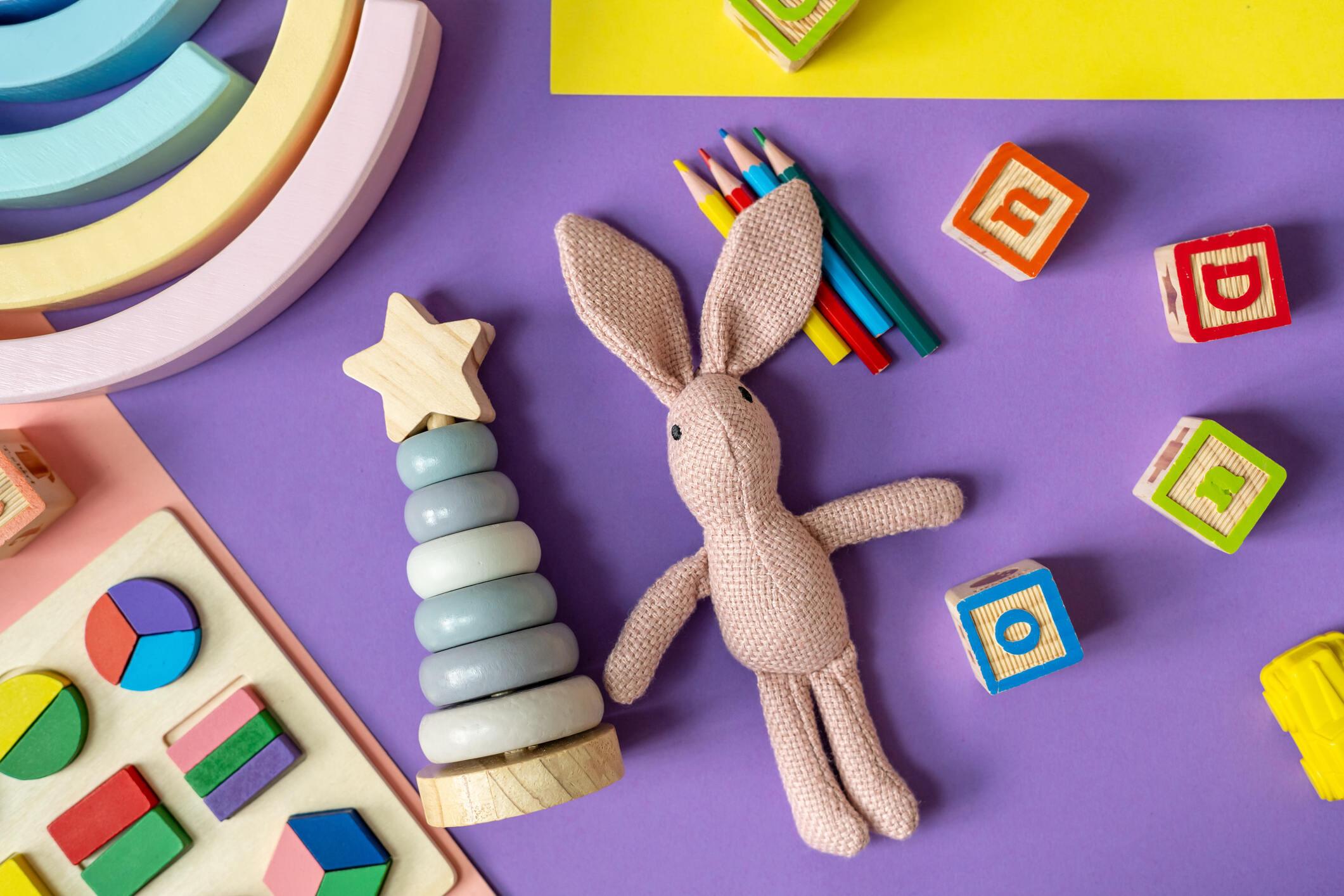
Toys are emotional expression and exploration tools, offering children a safe space to navigate complex feelings and experiences. Whether through imaginative play, role-playing scenarios, or simply cuddling a favorite stuffed animal, toys allow children to understand and process their emotions.
Imaginative play is not just a whimsical pastime; it’s a crucial developmental stage that lays the groundwork for a child’s cognitive, emotional, and social growth. Research indicates that children who engage in imaginative play exhibit higher levels of creativity, problem-solving abilities, and emotional intelligence than their peers who do not engage in such activities.
Consider the impact of LEGO bricks, one of the most versatile toys known to spark creativity. Studies show that children who play with LEGO bricks engage in more divergent thinking, a key component of creativity. Divergent thinking involves generating multiple solutions to a problem, a skill essential for innovation and adaptability in an ever-changing world. Through building elaborate structures or constructing imaginary worlds with LEGO, children exercise their imaginations and explore endless possibilities.
Children are provided with various loose parts in a classroom, such as wooden blocks, fabric scraps, and cardboard tubes. With these materials, they embark on a journey of creation, building forts, vehicles, and fantastical creatures. Through open-ended play with loose parts, children learn to think outside the box, experiment with different materials, and unleash their creativity unexpectedly.
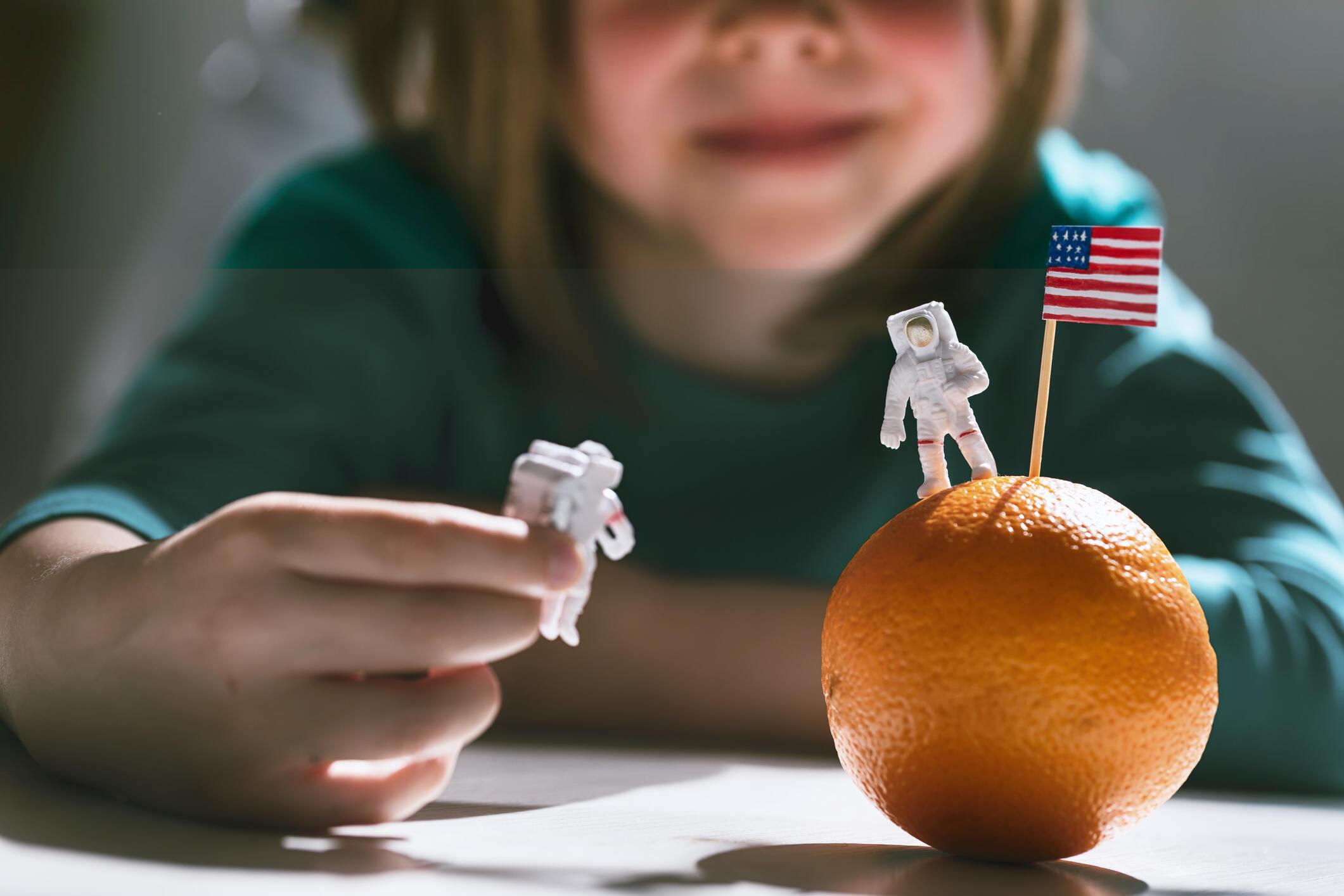
Toys serve as more than just objects of amusement; they often become cherished companions that provide comfort and security during distress or uncertainty.
According to a survey conducted by the Toy Association, 67% of parents reported that their child has a favorite toy that provides comfort and emotional support. This attachment to a beloved toy transcends mere sentimentality; it plays a crucial role in a child’s emotional development and well-being.
Imagine a child snuggled up with their favorite stuffed animal after a long day at school. This simple act of seeking comfort from a familiar toy provides a sense of security and helps regulate emotions and alleviate stress. Research suggests that cuddling with a soft toy triggers the release of oxytocin, often called the “love hormone,” promoting comfort and relaxation.
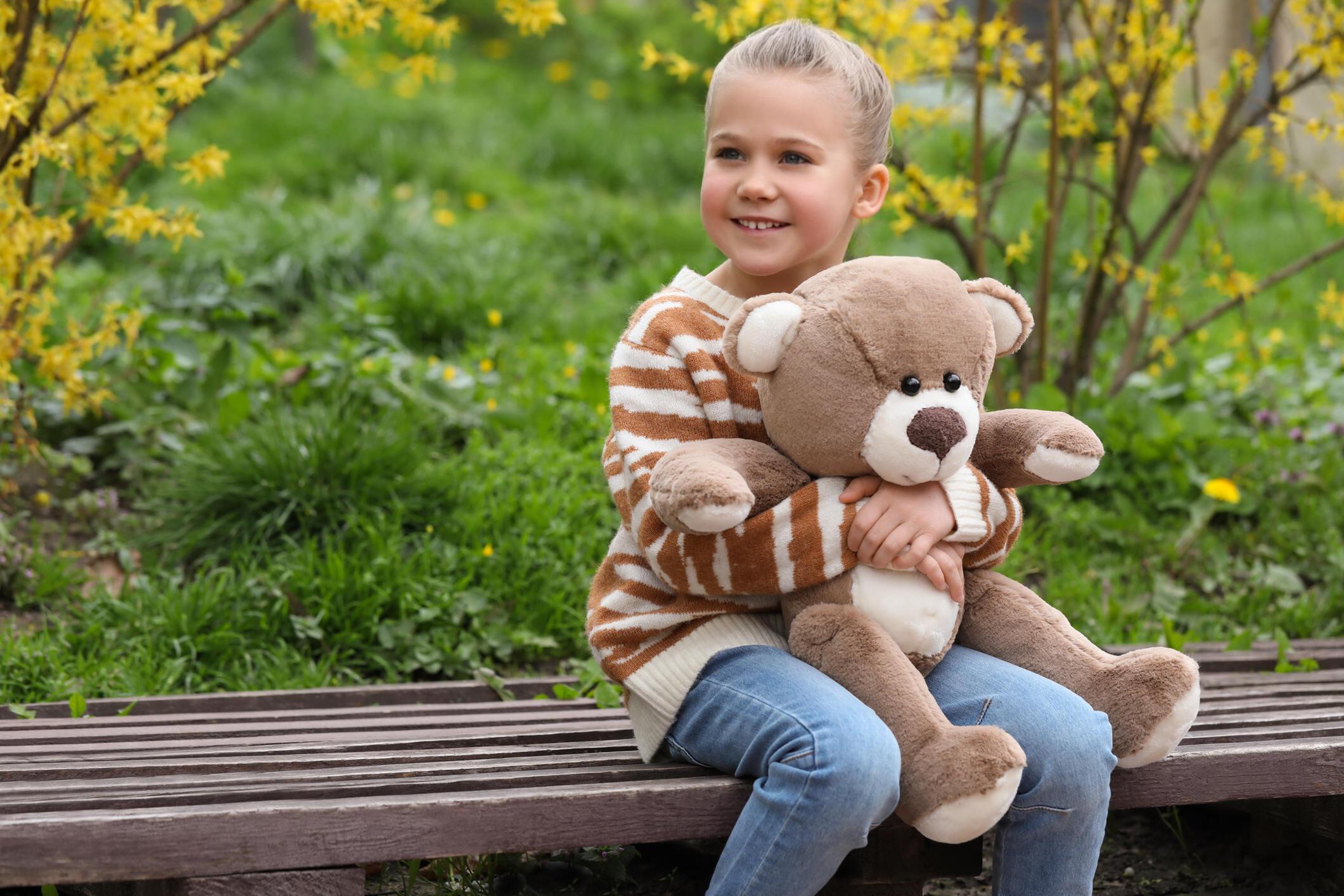
Social skills are the building blocks of healthy relationships and successful interactions with others. Playing with peers provides children invaluable opportunities to develop and refine these essential skills.
According to a study published in the Journal of Abnormal Child Psychology, children who engage in cooperative play during early childhood demonstrate higher levels of social competence and fewer behavioral problems later in life.
Imagine a group of children working together to build a towering LEGO structure. They develop essential social skills such as communication, teamwork, and conflict resolution as they collaborate, negotiate, and share ideas. Through this cooperative play experience, children learn to navigate the dynamics of group interactions and build positive relationships with their peers.
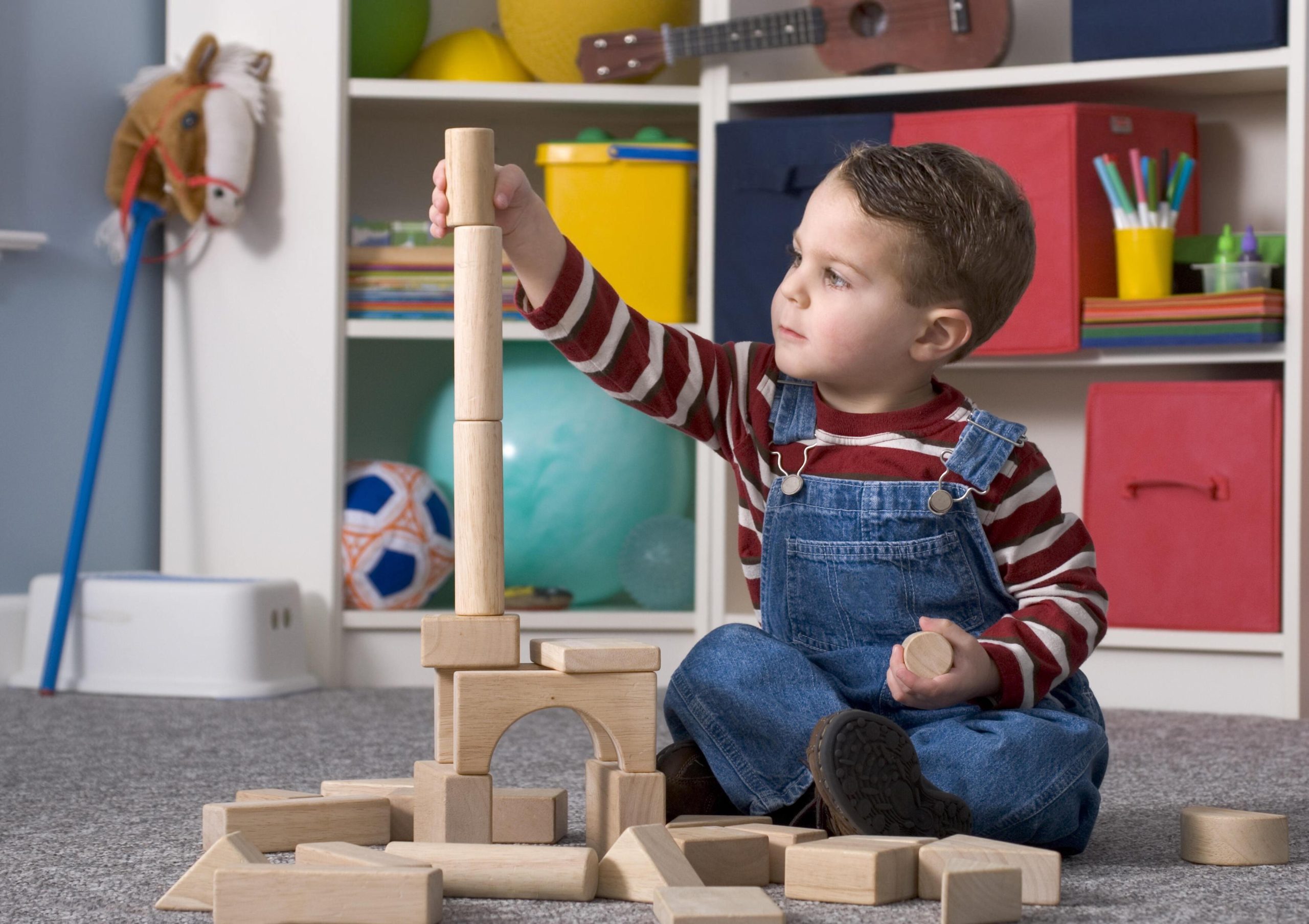
Emotional regulation is managing and controlling one’s emotions in various situations. Play is a natural outlet for children to explore and express their feelings, helping them develop essential emotional regulation skills.
Research published in the Journal of Child Psychology and Psychiatry suggests that children who engage in pretend play exhibit better emotional regulation skills compared to those who do not engage in such activities.
Consider a child playing with a dollhouse, acting out different scenarios with the dolls. Through these imaginative play sessions, the child may encounter situations that evoke strong emotions, such as conflict between the dolls or a character experiencing sadness. By navigating these emotional scenarios within a play, the child learns to identify, understand, and regulate their emotions, laying the foundation for healthy emotional development.
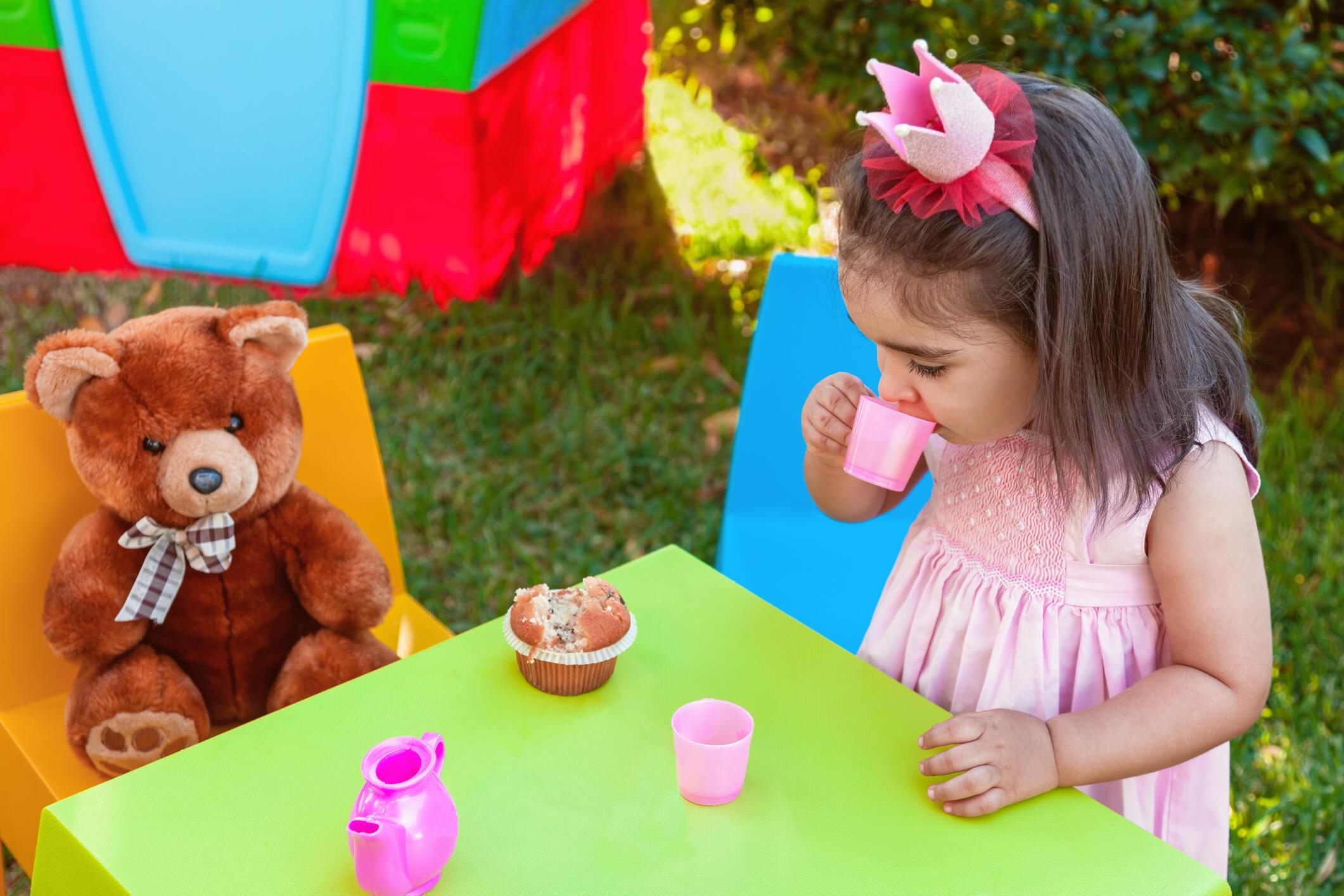
When selecting toys for children, it’s essential to consider their potential impact on emotional development. Thoughtfully chosen toys can allow children to explore, express, and regulate their emotions in a safe and nurturing environment. Here are some factors to consider when selecting toys with emotional development in mind:
Look for toys encourage children to express themselves creatively and authentically. Art supplies, musical instruments, and storytelling kits are excellent options for fostering self-expression and allowing children to explore their emotions through creative expression.
Choose toys to encourage empathy and understanding others’ emotions and experiences. Dolls, action figures, and puppets can serve as valuable tools for role-playing and storytelling, allowing children to step into different roles and perspectives. Through these imaginative play experiences, children learn to empathize with others and develop a deeper understanding of diverse emotions and viewpoints.
Consider toys that provide comfort and security during stress or uncertainty. Soft, cuddly toys such as stuffed animals or blankets can offer children a sense of familiarity and reassurance, helping them to self-soothe and regulate their emotions in challenging situations.
Select toys that facilitate peer interaction and cooperation. Board games, building sets, and collaborative art projects encourage children to work together, communicate effectively, and negotiate conflicts—all essential skills for building positive relationships and navigating social interactions.
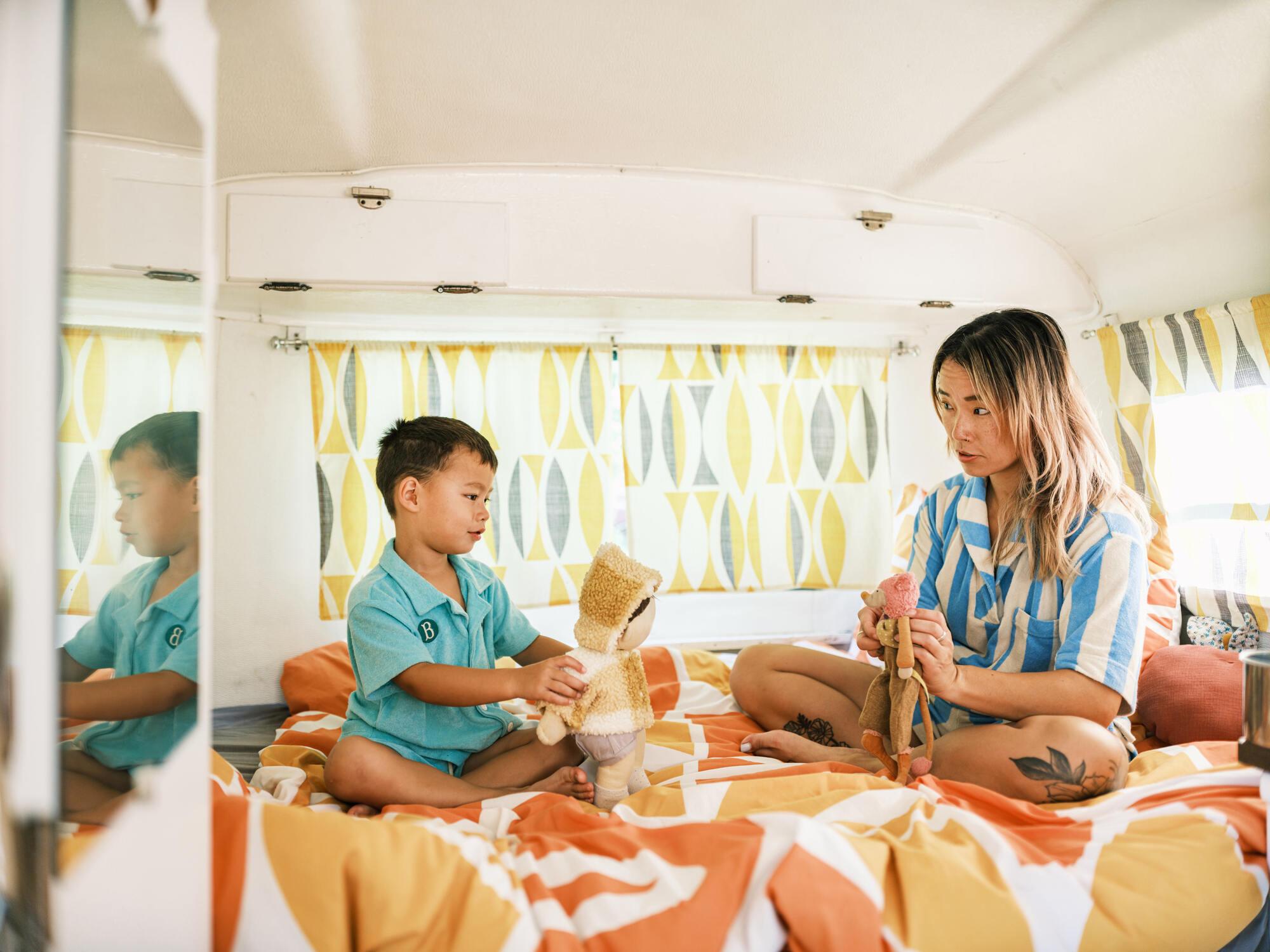
Choose toys that encourage mindfulness and relaxation, helping children to manage stress and anxiety. Items such as sensory toys, stress balls, or calming sensory bottles can provide soothing sensory experiences and teach children valuable relaxation techniques for managing emotions.
Opt for toys that encourage open-ended play and allow children to use their imaginations freely. Blocks, playdough, and dress-up costumes are examples of toys that offer endless possibilities for creative play and self-directed exploration. Open-ended play experiences empower children to express themselves, problem-solve, and regulate their emotions in ways that are meaningful to them.
In the colorful tapestry of childhood, toys play a multifaceted role in shaping emotional development. From fostering creativity and empathy to providing comfort and companionship, toys offer invaluable opportunities for children to explore and understand their emotions as parents and caregivers; recognizing the power of play in emotional development empowers us to curate enriching play experiences that nurture the hearts and minds of our children. So, let’s celebrate the joyous journey of play and its profound impact on shaping childhood’s emotional landscape.
2024 kidstore. All Rights Reserved